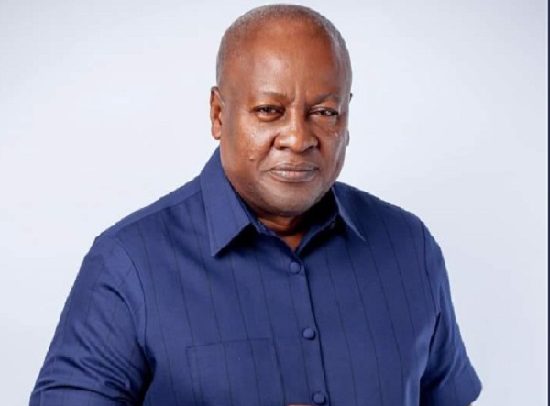Mahama Considering Constitutional Amendment For Third Term If Elected
Mr Mahama, who served as President from 2012 to 2017, aims to amend the constitution to allow him to serve beyond the mandated two terms.
- Advertisement -
Former President John Dramani Mahama’s potential second term bid has sparked controversy, as it challenges Ghana’s constitutional two-term limit.
Mr Mahama, who served as President from 2012 to 2017, aims to amend the constitution to allow him to serve beyond the mandated two terms.
- Advertisement -
Constitutional Constraints
- Advertisement -
Ghana’s constitution, specifically Article 66 (2), prohibits a president from serving more than two terms.
This limitation ensures that leaders do not become entrenched in power and allows for peaceful transitions.
John Mahama’s previous term, combined with a potential second term, would exceed this limit.
NDC’s Strategic Playbook
A leaked 56-page document, alleged to be the NDC’s strategic plan, outlines the party’s intentions to challenge the constitutional limitation.
The plan involves seeking a judicial interpretation that would allow Mahama to serve two consecutive terms, citing international precedents.
International Precedents
- Advertisement -
The document references constitutional amendments in Uganda, Ivory Coast, Rwanda, and Russia, where leaders have extended their stay in power.
These examples aim to normalize the idea of constitutional amendments for incumbents and soften public resistance.
Judicial Maneuvering
To achieve this, the NDC plans to influence public opinion through propaganda and pursue a judicial strategy to challenge the current interpretation of Article 66(2).
The party also intends to expand the Supreme Court’s composition by appointing justices sympathetic to their understanding of the Constitution.
Implications and Concerns
If successful, John Mahama’s bid to amend the constitution would allow him to serve beyond the constitutionally mandated two terms, potentially undermining accountability to the electorate.
This move has sparked concerns among opposition parties and civil society groups, who fear it could erode Ghana’s democratic gains.
Source:dailyguidenetwork.com
- Advertisement -


